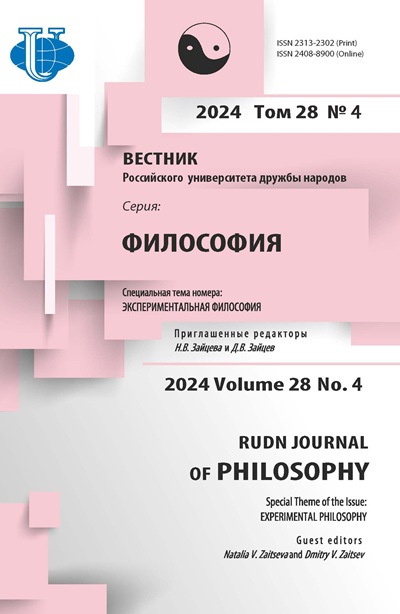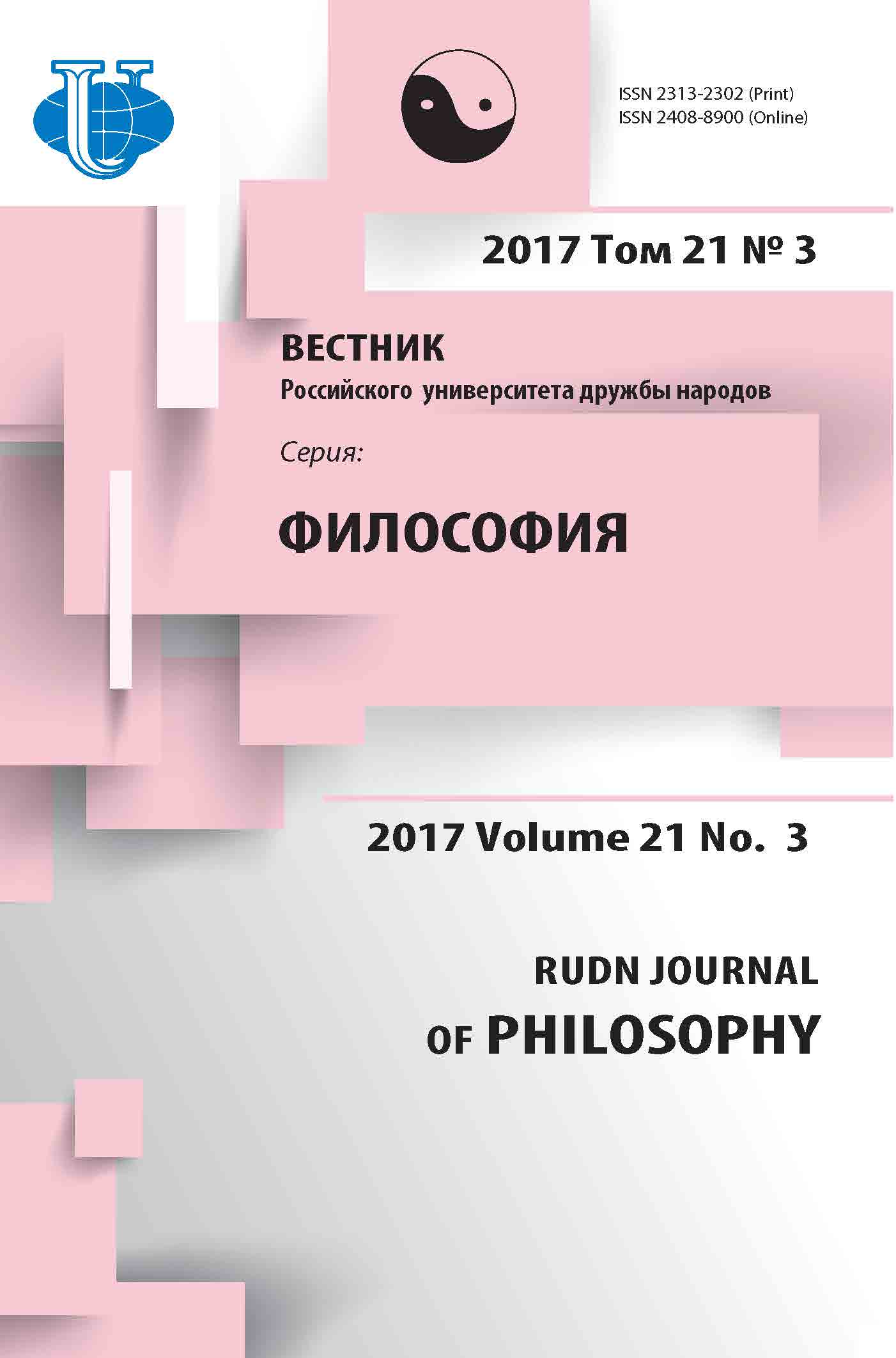Abstract
The article is devoted to the ethical evaluation of the possible consequences of informatiza-tion of all forms of educational activity. The author considers the positive and negative aspects of the wide-spread introduction of computer technologies in the educational process. The use of computer technologies in the educational process is designed to solve important didactic tasks. First of all, it is the improvement of the organization of the educational process, the acceleration and intensification of the learning process, ensuring its flexibility and individual approach. In addition, computer technology can significantly improve the productivity of self-training students, ensure the development of their personality, stimulate research activities and generally increase the level of independence in the learning process. In the same time, in the ethical plan the most dangerous consequence of the mass transfer of the educational process to computer training schemes is the possible dehumanization of the educational process, the departure of the spiritual personal component from it. The most dangerous consequence of the complete transfer of the educational process to computer tracks is the possible curtailing of live dialogical communication among the participants in the educational process, which is the most important and practically the only source of speech development for the students, and consequently their independent creative thinking.
















